The Chinese government has been retrenching further into authoritarianism, and journalist Bethany Allen outlines that recent history in this astute study. Her portrait of China is an unflattering one: She notes that Beijing used the cover of COVID-19 to enact a hostile takeover of Hong Kong and its civil liberties. She says it lied about the pandemic, then crowed about rolling out vaccines that didn’t work particularly well. Allen lived in China for four years, and she reports from the front lines of the rising power’s war on human rights. Her eye-opening text offers little hope that China’s authoritarian instincts will moderate.
China has politicized and weaponized economic sanctions.
The United States and China are the globe’s two great powers, but they take different approaches toward flexing their economic muscles. Washington, DC, uses economic punishments such as trade embargoes and asset freezes as coercive tools, but only in what could be deemed extreme circumstances. The United States wields its economic might to fight terrorism or human rights violations, but it typically does not wield this power to achieve unilateral and purely political purposes. So professors can get visas even if their research criticizes US policy, or foreign investors can make deals in America despite past jibes at US political decisions. President Donald Trump shifted some of these norms, but the broad outlines remain unchanged.
On the other hand, Beijing uses tailored sanctions to punish individual critics. Thus governments and foreign investors that do business with China are compelled to engage in self-censorship, otherwise they risk their relationships with the nation. The release of the Disney film Kunlun offers one example: The story of the Dalai Lama so offended...










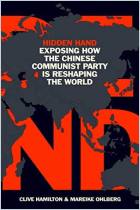
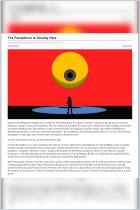
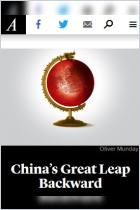
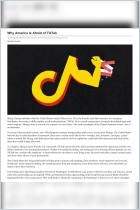

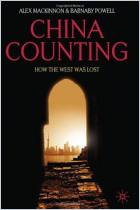

Comment on this summary or 开始讨论